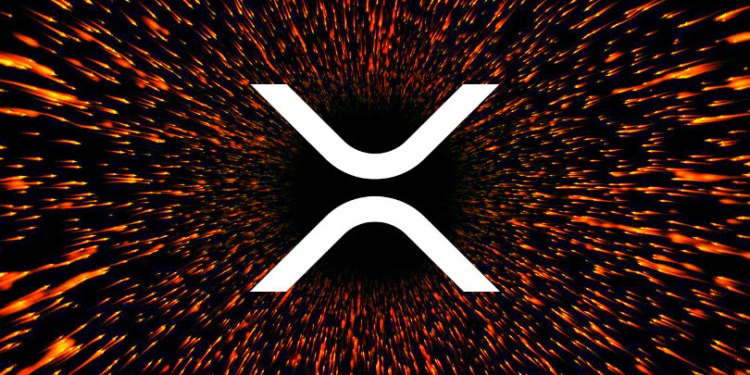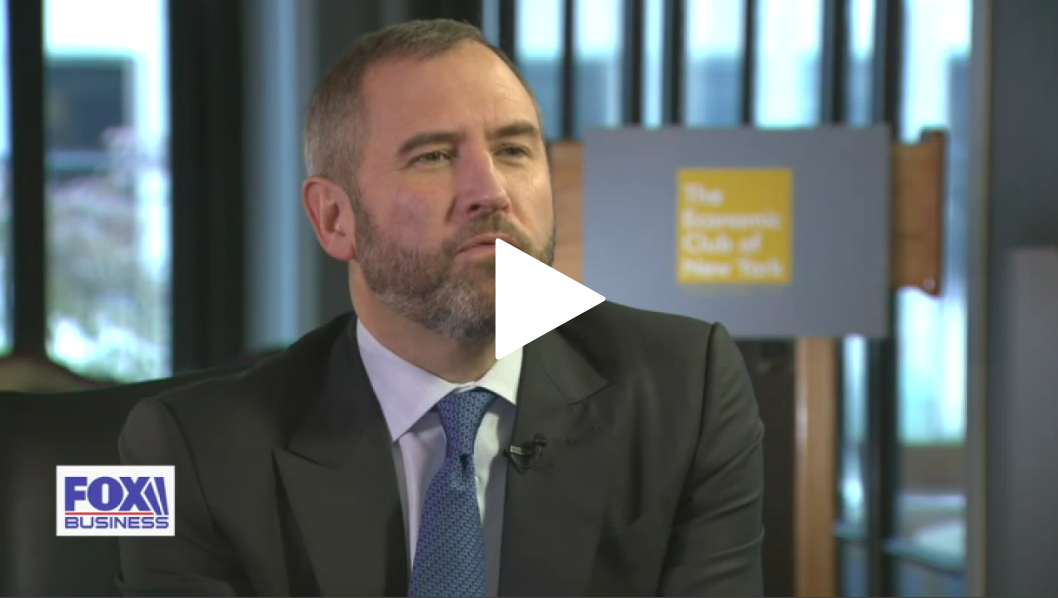Ripple CEO Brad Garlinghouse says a lack of crypto clarity from US regulators may have kept the price of XRP from rising this year.
When asked why XRP is lagging compared to the rest of the crypto market, Garlinghouse tells Fox Business that regulators could be playing a role.
The U.S. Securities and Exchange Commission has declared that Bitcoin is not a security and officials at the SEC have also said Ethereum is likely not a security under US laws. But so far, the agency has been quiet about XRP.
“I think it’s lagged maybe, in part, because the US government has provided clarity about Bitcoin. They’ve provided clarity about Ether. But then they’ve remained silent about the third most valued digital asset in XRP.
Regulators have a hard problem. These are new technologies and I think there’s work to be done there. But I think globally it’s been more positive. The UK government has been clear around their designation of XRP as not a security and more of a utility token. The Japanese government has been clear. The Singaporean government [as well].
So I think the macro trendline is very positive here, but I do think the US can continue to spend time on this and provide leadership.”
Garlinghouse also addresses concerns about Ripple’s monthly release of 1 billion XRP from escrow.
He says Ripple sells a small fraction of the 55 billion XRP it owns each month, and the escrow process is designed to assure investors that Ripple can’t and won’t sell a bunch of its holdings all at once.
“About three years ago, we set up escrow contracts, 55 of them. So we put 55 billion units of XRP into these escrow contracts. Every month, one of them becomes unlocked and at the end of that month, we put some of that back into escrow.
We don’t actually sell a billion, just to be clear. There’s a billion released every month. The vast, vast – 80% to 90% of that – goes back into the 56th month and 57th month. We did this because there was a perception that Ripple could, because we own a lot of XRP, cause pressure on the market. That wouldn’t be in our own self-interest, but that risk existed hypothetically.
We decided to remove that as a concern from the community by simply saying, ‘We’re going to lock these up into contracts and they’re going to be cryptographically signed such that we can’t sell them. There are 100 billion units of XRP that have been created. There will never be any more. So from a dilution of the market, there won’t be any more. From an introduction of supply that’s kind of locked up, we want to make sure it’s a constructive, healthy market engagement.”






